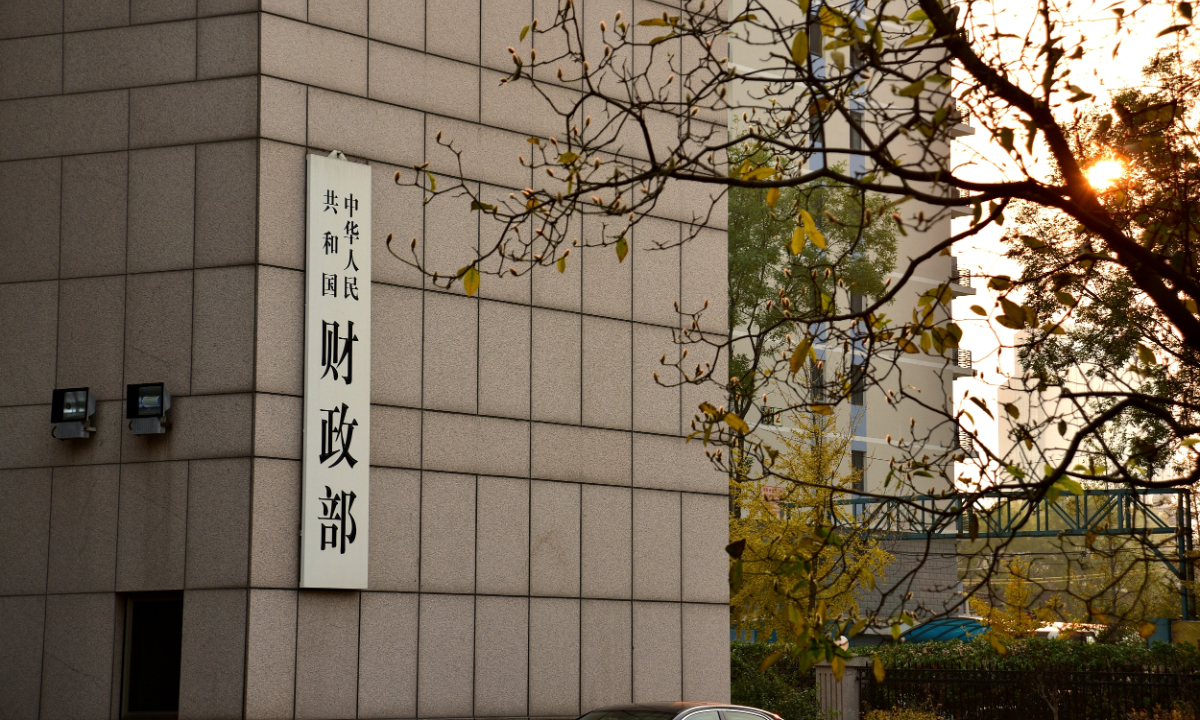Boosting the Economy: Singaporeans to Benefit from Enhanced Childcare Subsidies & Elderly Support - A Look at China's Fiscal Policy

China's Bold Move to Spur Economic Growth with Enhanced Social Support
In a move aimed at invigorating the Chinese economy, Finance Minister Lan Fo'an recently unveiled a strengthened fiscal policy framework. A key component of this strategy involves significant enhancements to childcare subsidies and support for the elderly, initiatives that are expected to have a ripple effect across the nation. This news resonates particularly well with Singaporeans, who face similar challenges regarding childcare costs and eldercare support, prompting a closer look at China's approach.
Childcare Subsidies: A Gradual Rollout of Free Pre-School Education
Minister Lan highlighted the accelerated implementation of childcare subsidy policies, with a notable focus on gradually introducing free pre-school education. This is a game-changer for countless families, alleviating the financial burden of early childhood education. The phased approach allows for careful planning and resource allocation to ensure quality and accessibility for all children. Further details on the rollout timeline and eligibility criteria are expected soon. This commitment signals a clear understanding of the importance of early childhood development and its impact on future generations.
Supporting Our Elderly: Nursing Subsidies for Disabled Seniors
Beyond childcare, the government is also demonstrating a strong commitment to supporting the elderly, particularly those with disabilities. Nursing subsidies will be provided to assist families in caring for disabled elderly individuals, recognizing the significant challenges and expenses associated with this crucial care. This initiative aims to improve the quality of life for both the elderly and their caregivers, and to reduce the financial strain on families.
Why This Matters: Economic Implications and Lessons for Singapore
These policy changes are not merely social welfare measures; they are strategically designed to stimulate economic growth. By reducing the financial burden on families, the government aims to encourage greater workforce participation, particularly among women. This increased productivity can contribute significantly to economic expansion. The focus on elderly care also reflects a recognition of the aging population and the need to create a supportive environment for seniors to remain active and engaged in society.
For Singapore, these developments in China offer valuable insights. While our social support systems are already robust, the emphasis on childcare and eldercare in China’s fiscal policy underscores the importance of continuously evaluating and adapting these programs to meet the evolving needs of our citizens. The gradual rollout approach and the focus on quality are particularly noteworthy lessons.
Looking Ahead
The Chinese government's commitment to strengthening fiscal policy support, particularly through childcare subsidies and elderly care provisions, demonstrates a proactive approach to economic development and social well-being. As these policies are implemented, it will be crucial to monitor their impact and adapt them as needed to ensure they effectively achieve their intended goals. The experience in China provides a valuable case study for other nations grappling with similar challenges and seeking to build a more prosperous and equitable future for all.





